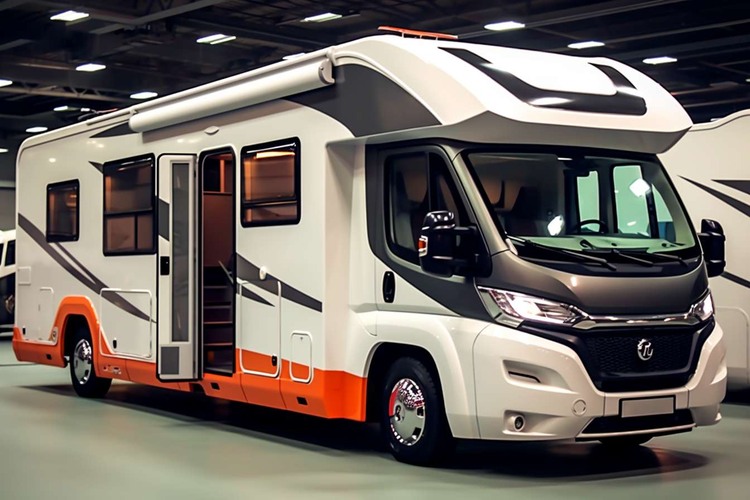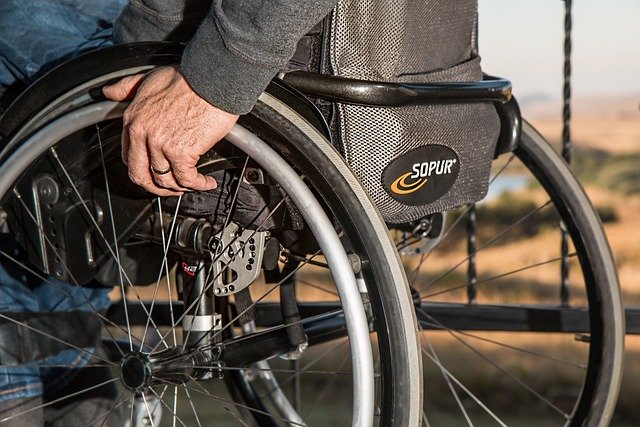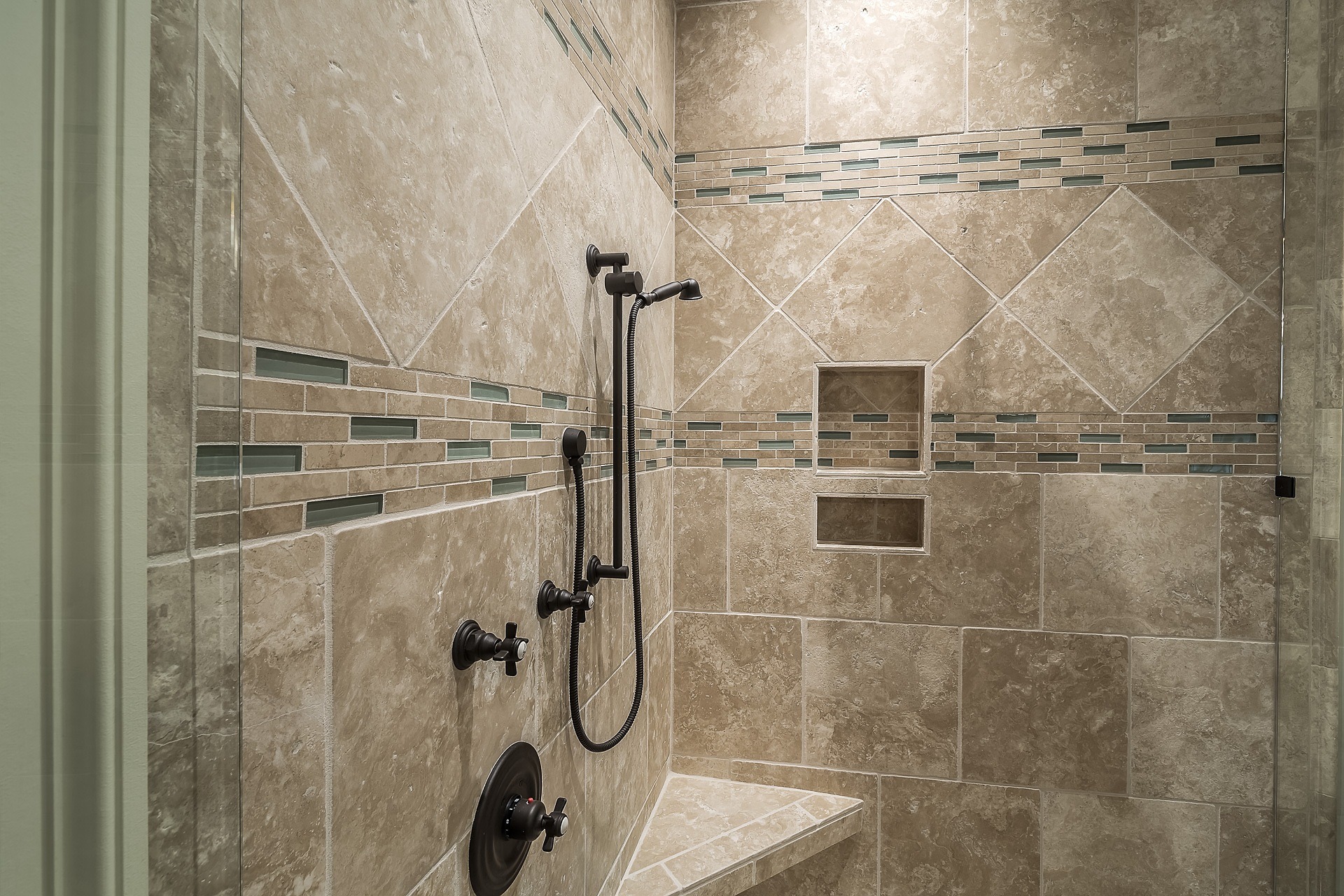Compact Camper Vans: Comfort, Convenience, and Travel Options
Compact camper vans are becoming a popular choice for people who want the freedom of travel without the stress of complicated planning. They combine essential comforts like a bed, small kitchen, and storage into a manageable vehicle that can be used for weekend getaways or longer adventures. Retirees are discovering that these vans make it easier to explore closer to home while avoiding the high costs and logistics of international travel. Younger travelers and digital nomads are also turning to camper vans as a way to blend mobility with daily routines, whether for work or leisure. With thoughtful design, affordability, and flexibility, compact camper vans provide an option that adapts to many lifestyles in 2025.

Senior-Friendly Camper Van Features
Compact camper vans have evolved to accommodate travelers of all ages, with manufacturers increasingly incorporating features that make them particularly suitable for seniors. Accessibility improvements include lower entry steps, grab handles in strategic locations, and swivel seats that make movement inside the vehicle easier. Many models now feature automatic transmissions, power steering, and advanced driver assistance systems that reduce driving fatigue. The bathroom facilities in newer compact models often include shower seats, slip-resistant flooring, and accessible toilets. Additionally, climate control systems maintain comfortable temperatures regardless of outside conditions, while enhanced lighting systems address visibility concerns that often affect older travelers.
Memory foam mattresses and ergonomic seating have become standard in many compact camper vans, addressing comfort needs for extended travel. For seniors with mobility considerations, models with wider doorways and passageways provide easier navigation within the confined space. Some manufacturers also offer optional upgrades like electronic bed-lifting systems that eliminate the physical effort of converting seating areas to sleeping spaces.
Affordability and Maintenance Considerations
The financial aspects of compact camper van ownership extend beyond the initial purchase price. New compact camper vans typically range from $60,000 to $130,000 depending on features, brand, and build quality. Used models can be found for $30,000 to $70,000, offering a more affordable entry point. The conversion route, where owners transform cargo vans into campers, can cost between $15,000 and $40,000 plus the price of the base vehicle, potentially saving money for those with DIY skills.
Ongoing expenses include routine maintenance (oil changes, tire rotations, brake service) costing approximately $500-1,000 annually. Insurance typically ranges from $1,000-2,500 per year depending on coverage levels and usage patterns. Fuel efficiency varies by model, but most modern compact camper vans achieve 18-25 mpg, significantly better than larger RVs. Storage costs during off-seasons can add $50-200 monthly if home storage isn’t available.
| Expense Category | Typical Annual Cost | Notes |
|---|---|---|
| Routine Maintenance | $500-1,000 | Higher for older models |
| Insurance | $1,000-2,500 | Varies by coverage and usage |
| Fuel (based on 10,000 miles) | $1,600-2,200 | At 20 mpg average, $4/gallon |
| Storage (if needed) | $600-2,400 | Varies by location and facility |
| Depreciation | 10-20% first year, 5-10% after | Less for premium brands |
Prices, rates, or cost estimates mentioned in this article are based on the latest available information but may change over time. Independent research is advised before making financial decisions.
Long-term value considerations include depreciation rates, which tend to be lower for compact camper vans than for larger RVs, especially for premium brands like Mercedes Sprinter-based models. The simpler systems in compact camper vans generally translate to fewer maintenance issues compared to larger motorhomes with more complex plumbing, electrical, and slide-out mechanisms.
Weekend and Long Trip Planning
Compact camper vans excel at adaptability between short weekend getaways and extended road trips. For weekend trips, minimal preparation is required—simply stock the refrigerator, fill the water tank, and go. The maneuverability of these vehicles makes them ideal for spontaneous trips when compared to larger RVs that demand more planning. Efficient storage systems in modern designs help maximize the limited space, with many featuring multifunctional furniture and clever organizational solutions.
For longer journeys, strategic planning becomes more important. Most compact camper vans have limited freshwater capacity (typically 20-40 gallons) and similar waste tank limitations. Trip planning apps and websites help locate campgrounds with hookups, dump stations, and other amenities to address these constraints. Solar power systems, increasingly standard or available as options, extend off-grid capabilities for those seeking remote experiences.
Successful long-term travel in compact spaces requires developing systems for daily routines, including efficient meal preparation in small galleys and establishing comfortable sleeping arrangements that don’t require extensive daily setup and breakdown. Many experienced travelers recommend a minimalist approach to packing, focusing on versatile clothing and multipurpose gear rather than trying to bring everything from home.
Camper Vans for Remote Work
The digital nomad movement has found an ideal partner in compact camper vans, which provide mobile workspaces while maintaining connectivity. Modern camper vans increasingly feature dedicated workspaces with ergonomic considerations, including adjustable tables, supportive seating, and power systems capable of running laptops and other equipment for extended periods. Connectivity solutions like signal boosters, mobile hotspots, and roof-mounted satellite internet systems help remote workers maintain reliable connections even in rural areas.
Power management represents a critical aspect of working from camper vans. Enhanced electrical systems typically include expanded battery capacity, often utilizing lithium technologies that offer more usable capacity in smaller footprints. Solar panel installations (typically 200-400 watts) help extend time between shore power connections. Noise considerations have prompted manufacturers to include better insulation and quieter climate control systems that don’t interfere with video calls or concentration.
Many remote workers in camper vans develop patterns of movement that align with connectivity needs—working near urban areas during weekdays to ensure reliable internet, then venturing to more remote locations during personal time. This work-travel balance represents one of the most appealing aspects of the compact camper van lifestyle for location-independent professionals.
Comparing Popular Compact Camper Van Models
The compact camper van market offers diverse options to match different priorities and budgets. Class B motorhomes built on commercial van chassis provide factory-designed living spaces with warranties and dealer support. Custom conversion companies transform commercial vans into personalized living spaces with unique features and layouts. DIY conversions allow for complete customization but require significant skill and time investment.
| Model | Base Vehicle | Key Features | Starting Price |
|---|---|---|---|
| Winnebago Solis | Ram ProMaster | Pop-top option, wet bath, solar prep | $107,000 |
| Thor Sequence | Ram ProMaster | Murphy bed, touchscreen controls, large bathroom | $122,000 |
| Pleasure-Way Ontour 2.2 | Ford Transit | Lithium batteries, induction cooktop, cassette toilet | $131,000 |
| Storyteller Overland MODE | Mercedes Sprinter | Off-grid capable, gear storage, modular interior | $153,000 |
| Roadtrek Play | Ram ProMaster | Compact design, flexible floorplan, simplified systems | $115,000 |
Prices, rates, or cost estimates mentioned in this article are based on the latest available information but may change over time. Independent research is advised before making financial decisions.
Compact camper vans continue to evolve with technological advancements and changing travel preferences. The flexibility they offer makes them suitable for various travel styles, from weekend adventures to full-time living and working on the road. Their balance of mobility, comfort, and practicality ensures their ongoing popularity among diverse groups of travelers seeking efficiency without sacrificing the essential comforts of home.




